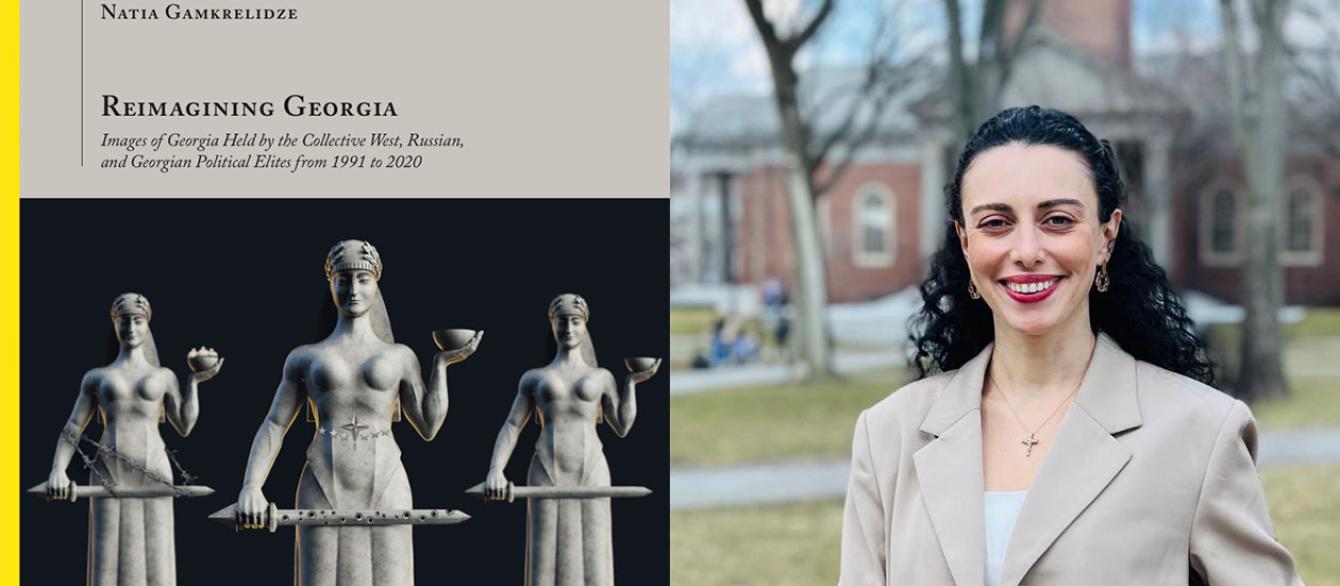Natia Gamkrelidze's new book demonstrates the significance of studying the role of individual leaders’ agency and including them as a level of analysis when analyzing international politics. This study’s findings indicate that external and internal political elites have held somewhat varying images of Georgia over time. The diverging images mainly emerged after the Rose Revolution in 2003 and are crucial for understanding Georgia’s strained geopolitical context. They reflect a rift between the US, NATO, the EU, Georgia, and Russia regarding perceptions of the threat to and cultural status of Georgia. This has chiefly influenced the type of imagery of Georgia that the actors hold and has contributed to shaping the changing geopolitical conditions. Overall, the changes in elites’ perceptions of those actors and the attention to image variation in this study help explain each actors’ policy motivation and variation over time.
Join the Program on Georgian Studies and Natia Gamkrelidze as she discusses her work.
Sponsorship
The Program on Georgian Studies is an activity of the Davis Center for Russian and Eurasian Studies at Harvard University and is made possible by a sponsored research award from the Ministry of Education and Science of Georgia.
Accessibility
The Davis Center for Russian and Eurasian Studies at Harvard University encourages persons with disabilities to participate in its programs and activities. If you anticipate needing any type of accommodation or have questions about the physical access provided, please contact us at 617-495-4037 or daviscenter@fas.harvard.edu in advance of your participation or visit. Requests for Sign Language interpreters and/or CART providers should be made at least two weeks in advance if possible. Please note that the Davis Center will make every effort to secure services but that services are subject to availability.




